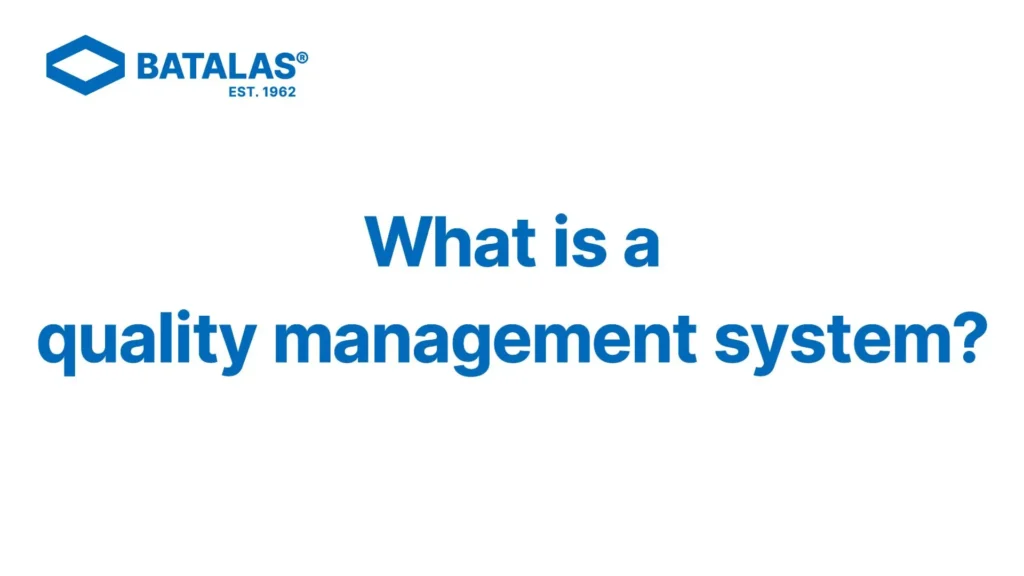I have attended many courses and would say this is one of the best courses I have participated within over the last two years. In fact I was disappointed when the course ended !! This will lead me to undertake more courses with Batalas definitely, great job.
Martyn Jones
Best Price Scaffolding
ISO 9001 Foundation
I learned more than i expected. Knowledgeable trainers – Great stories related to Auditing – the little things.
Tobias Thorpe
BAE Systems Maritime Limited
ISO 9001 Lead Auditor
The trainer was absolutely superb. His knowledge and experience is fantastic and he is a very personable and likeable trainer. 10/10.
Rick Brodie
DS Smith
ISO 9001 Foundation
I enjoyed your process driven approach – it was obvious that you were following a tested recipe for arranging training courses, so I had confidence it was going to happen on schedule with minimal stress on my part.
Jolyon Tidmarsh
Keit Spectrometers
ISO 9001 Internal Auditor
Considering e-Learning is my LESS favourite go to training way I was presently surprised, this was mainly due to the way the instructor delivered the sessions, the instructional technic tried to simulate that you were learning in a conference room by using projectors, flip charts etc.
John Dymond
Pario Limited
ISO 9001 Foundation
High quality delivery, materials , I would recommend to staff that are involved with ISO 9001 standards or auditing. Very organised course, including the communication prior to the course, log in information and emails – very appreciated – thank you for a wonderful experience.
Ancuta Neacsu
University Hospital Southampton NHS Trust
ISO 9001 Internal Auditor
The trainer was an extremely experienced auditor, interesting and easy going. Batalas training is approved by my organisation and a number of my colleagues had completed the same training.
Dave Holmes
MOD
ISO 9001 Internal Auditor
The whole training is so lively, educating and knowledge impacting from the beginning (introduction) of the course to the end. The relevance of the course cannot be over-emphasized. The course has really enhanced my auditing knowledge.
Adebiyi Oludele Emmanuel
University College Hospital, Ibadan-Nigeria
ISO 9001 Lead Auditor
Trainer was good. He knew his stuff inside out and was able to respond very effectively giving praise and acknowledgement when needed, and encouraged exploration so that we came up with the correct answers when we were not quite there.
Levon Stephan
DEFRA
ISO 9001 Lead Auditor
I felt the online pre-course work was very useful before attending the course. It gave me a basic understanding of the subject (which I had none) and this greatly helped with the discussions on the training.
Graeme Campbell
ISO 9001 Foundation
The course content was very well presented and the tutor delivered the course extremely well. I was sceptical before starting the course as to how well it would work as a virtual course, but was pleasantly surprised at how good it was.
Scott Arnold
Nusteel Structures Ltd.
ISO 9001 Internal Auditor
A very informative course ran by a very knowledgeable trainer who put myself and others at ease, creating a nice environment to learn.
Ryan Kelly
Innovative Technology Limited
ISO 9001 Internal Auditor
Trainer was very knowledgeable, engaging, accommodating with changes and most of all – made it interactive and fun. I have attended other Batalas courses in other venues and cannot fault them. I always benefit from these courses, coming away with a wealth of knowledge.
Zoe Dennis
Wartsila UK Ltd.
ISO 9001 Lead Auditor
Really enjoyed the course. Excellent venue (Birmingham), great facilities, ideal location. Tutor was brilliant, really knowledgeable on the subject, and kept the “pace” of the lessons at just the right tempo. I would highly recommend this course.
Paul Dolan
EJ Bowman (Birmingham) Ltd.
ISO 9001 Lead Auditor
The pre-course questions are an excellent source to encourage attendee’s to do some research. On a personal note I felt I would have settled into the course sooner had I already had a copy of the standards so I would suggest to encourage purchasing/reading through the standard.
Sharon
Northampton
ISO 9001 Foundation
The Trainer was brilliant, answered all our questions with ease, confidence and used a language that simplified the subject material. The course was informative and the Trainer was highly knowledgeable.
Teresa Crawley
Esprit Electronics Ltd.
ISO 9001 Internal Auditor
5 Star all round! I looked at a number of training providers before settling on Batalas. The quality of service they offered at all stages fully met my expectations and at an extremely competitive price for an IRCA-approved course.
R N DAVIS
CRFCA
ISO 9001 Lead Auditor
Enjoyed both the foundation course and lead auditor course and felt the foundation course was good way of focusing the mind on what was to come. The role plays were very realistic and an excellent way of resetting my auditing practices.
Keith
ISO 9001 Lead Auditor
Good course content, very well delivered by a good tutor. He was obviously very experienced which helped greatly when trying to put aspects of the course and the ISO standard into a real world context. He kept the course relaxed, but focused and at a sensible pace.
Craig Gifford-Browne
ISO 9001 Lead Auditor
Very informative, and liked the way the tutor sections provided guidance and understanding. Very easy to navigate through the course, with tabs and menu bar available at all times. One of the best E-Learning course I have taken/used and would definitely recommend to others.
Mark Wignall
Walsingham Support
ISO 9001 Foundation
The tutor made the whole course very engaging. Evidently a very experienced trainer, with a genuine interest in area of auditing, who very successfully kept the group motivated, fully engaged and on schedule. Would highly recommend Batalas.
Adrian Gaunt
ISO 9001 Lead Auditor
Very interesting course, well-structured and presented well. Very, very good trainer! The trainer kept the course moving along with enthusiasm and wit. I believe virtual training may be the way forward for training courses such as this.
Craig Lamont
Evergreen Garden Care Ltd.
ISO 9001 Internal Auditor
It was my first time doing an online training course, and I thought it was great. I felt really engaged throughout and there was a great mix of activities and tutoring. There was a good atmosphere in the course.
Josh Murray
Gurit (UK) Ltd
ISO 9001 Internal Auditor
The course was really informative and the trainer was great with his delivery of the course. I feel my objectives of the course were fulfilled and i will definitely be doing another Batalas course in the future.
Jessica Grummitt
Applied Satelite Technology Limited
ISO 9001 Foundation
This was the best course I have been on so far. I felt I learned a lot of different things I could bring back to my organisation and also I am much more familiar with the standard. Batalas will definitely be my first choice. Thank you for everything!
Andrea Burgess
Team Prevent
ISO 9001 Lead Auditor























